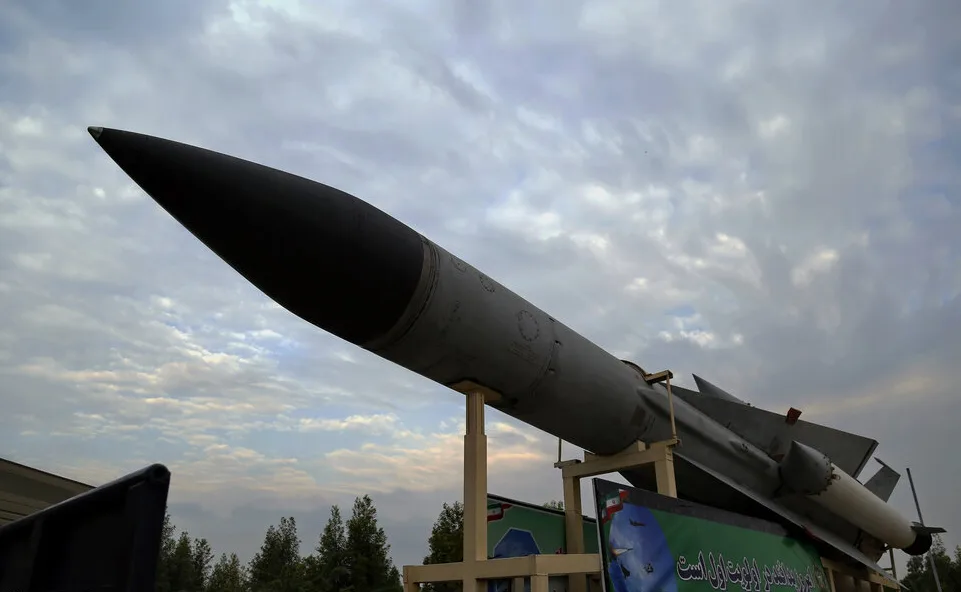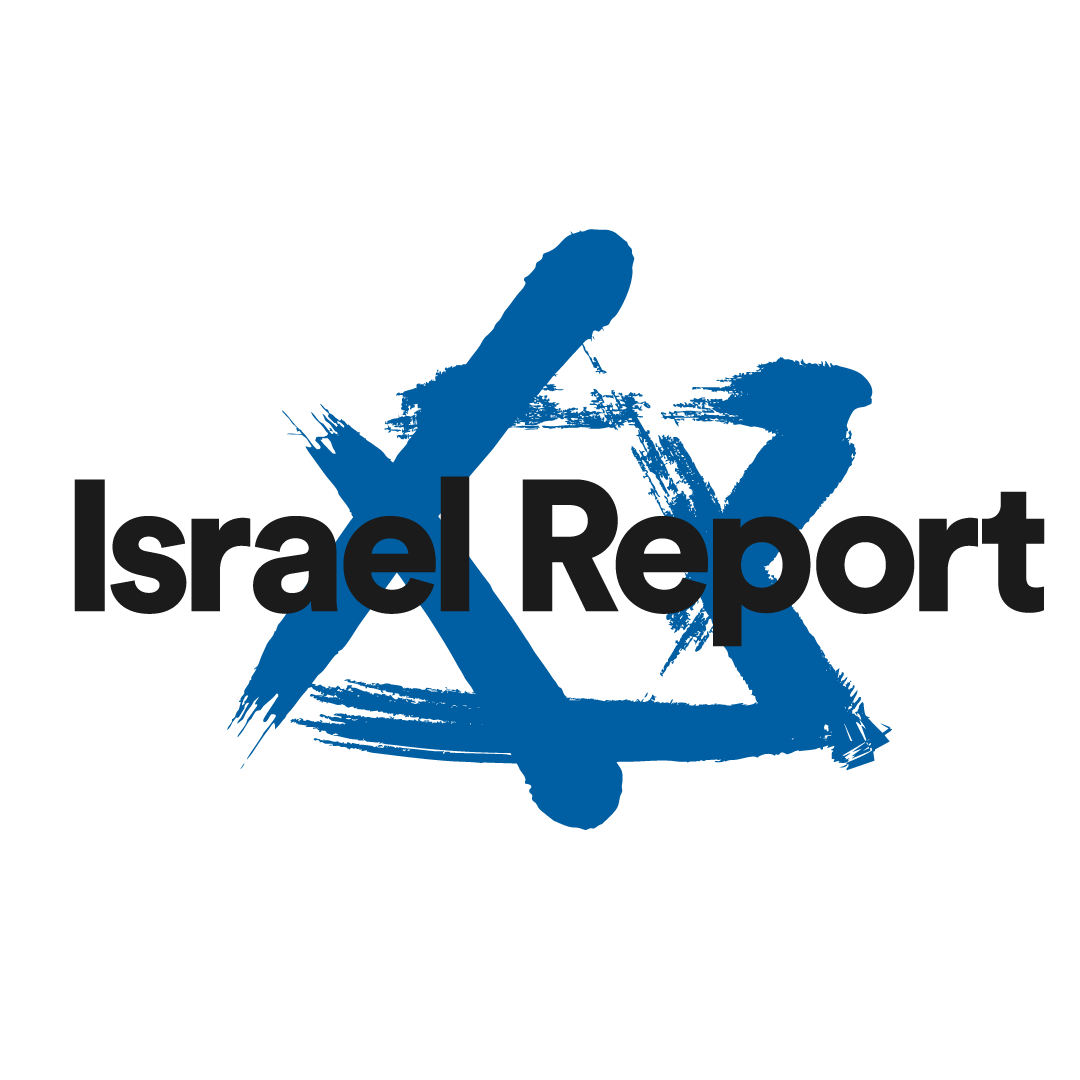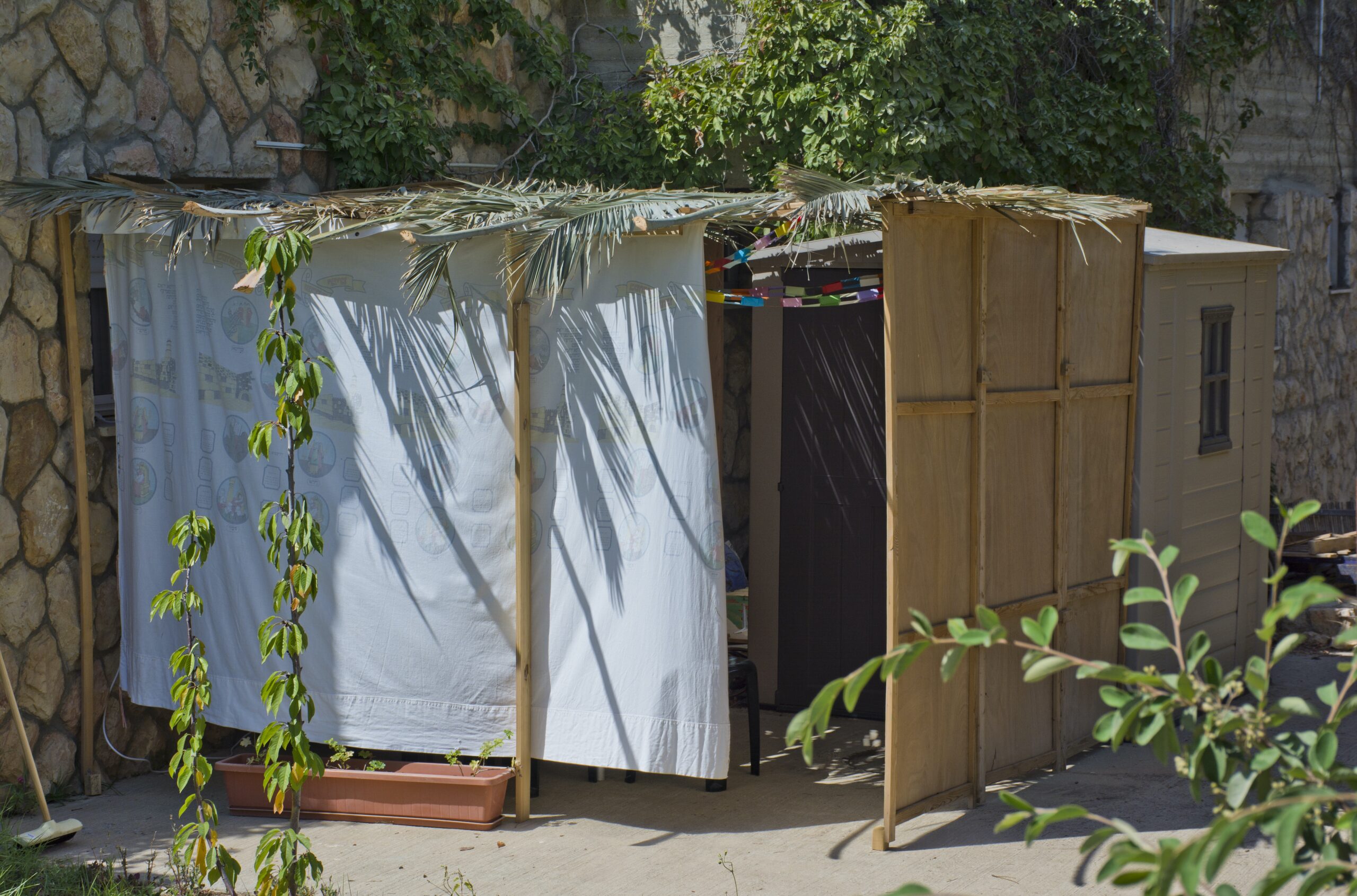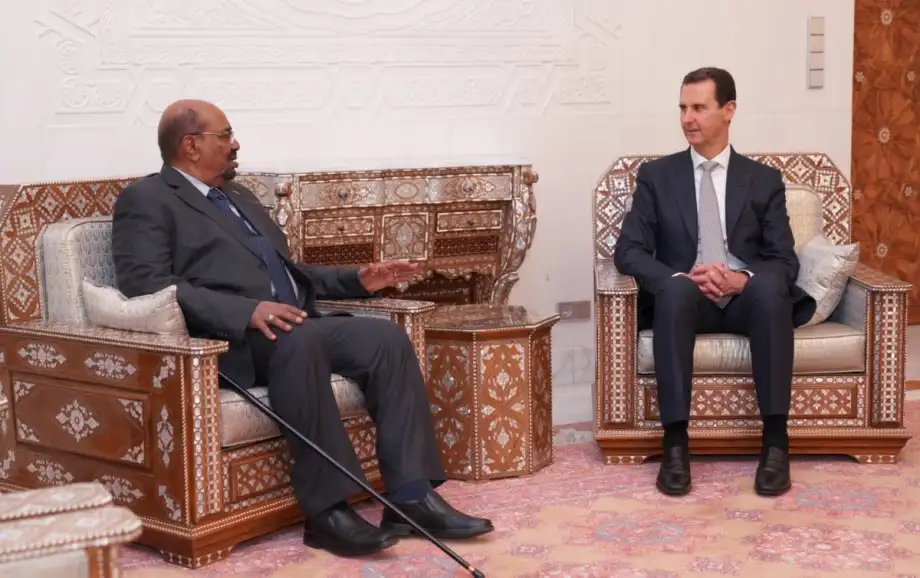Iran’s nuclear weapons in focus
”The nuclear energy agreement that several world powers concluded with Iran in 2015 allowed Iran to build up its defenses and finance terror proxies such as Hezbollah and Hamas,” the US said when it terminated the agreement in 2018.
Now the question is whether Israel will knock out Iran’s nuclear weapons program, as it did in Iraq in 1981.

Through the money from the nuclear deal, the Iranian regime financed a military build-up and its terrorist proxies Hezbollah and Hamas, the US said when it suspended the deal in 2018. Photo: Rahbar Emamdadi.
Will Israel attack Iran’s nuclear facilities? And will Iran complete its nuclear weapons to use them against the US and Israel?
Almost two weeks after Iran carried out a missile attack on Israel, the expected Israeli response has not materialized. In response to Iran’s October 1 attacks, Israel warned Iran of “serious consequences” while intensifying its ground and air operations in Lebanon.
Amid escalating tensions in the Middle East, Israeli Prime Minister Netanyahu was urged by party members to target Iran’s nuclear weapons program. This came after speculation arose on social media that Iran had conducted a nuclear weapon test following an 4.5 earthquake on the Richter scale in Iran’s Semnan province. It was hypothesized that this was Iran’s first nuclear test in response to Israel’s threat to bomb Tehran’s nuclear energy and oil facilities.
Former Israeli Prime Minister Naftali Bennett also recently urged Israel to seize the opportunity to cripple Iran’s nuclear program after Iran’s attack with 181 ballistic missiles on the Jewish state. He was supported by former US President Donald Trump who said on October 5 that Israel should consider attacking Iran’s nuclear facilities.
Done in two weeks
In Iran, demands to acquire nuclear weapons have intensified. Some 40 members of the Iranian parliament recently called on its National Security Council to review the country’s defense policy and consider acquiring nuclear weapons as the escalation with Israel continues.
“Theoretically, Tehran could produce nuclear weapons in just two weeks,” the head of the UN’s nuclear watchdog, the IAEA, said recently.
In April, a senior commander in the Iranian Revolutionary Guards warned that Israeli threats could force Iran to change its nuclear weapons policy. In May, an adviser to Iran’s supreme leader stated that Iran would reconsider its nuclear weapons doctrine if Israel threatens its existence.
In recent years, the whole world has been talking about Iran’s nuclear energy program. At the same time, the world remembers June 7, 1981, when Israel destroyed a nuclear power plant near the Iraqi capital, Baghdad, which they believed was intended to produce nuclear weapons to destroy Israel.
The nuclear deal signed in 2015 by Iran and several world powers, including the United States, placed significant restrictions on Iran’s nuclear program in exchange for sanctions relief.
In February 2017, Sweden was one of the countries that developed trade relations with Iran under the protection of the agreement. Prime Minister Stefan Löfvén, and Trade Minister Ann Linde – wearing a veil – then visited Iran, which led to a dramatic increase in Sweden’s exports to the country.
Agreement enriched Hamas
The United States withdrew from the deal in 2018, arguing that the accord had failed to limit Iran’s missile program and regional influence, and that the agreement enriched the Iranian regime and enabled its support for terrorist groups, while only delaying Iran’s ability to produce nuclear weapons.
”The decision to withdraw from the deal ensured that funds stopped flowing to illegal terrorist activities,” US President Donald Trump said, referring to Israel’s intelligence services that provided compelling details about Iran’s covert efforts to develop nuclear weapons, which it has lied about for years.
The United States argued that the Iranian regime had entered the nuclear deal with bad intentions and that the deal lacked a sufficiently strong mechanism for inspections and verification, while giving the Iranian regime access to the international financial system for trade and investment.
”Instead of using the money from the nuclear deal to support the Iranian people, the regime instead funded a military buildup and continued to fund its terror proxies Hezbollah and Hamas,” the US said.


